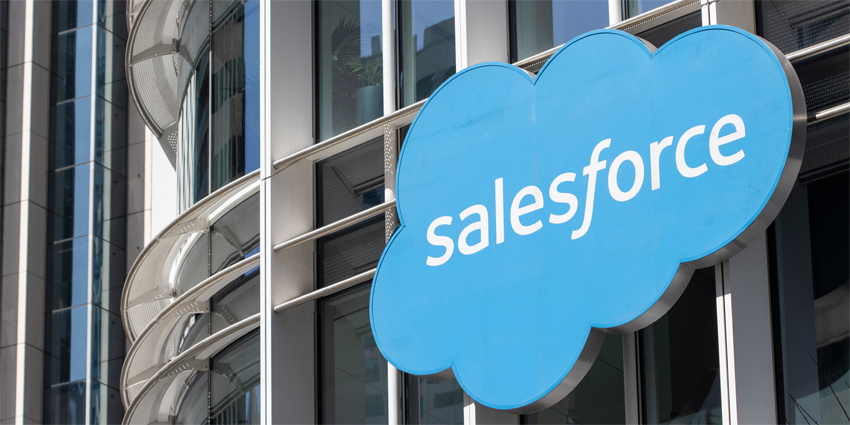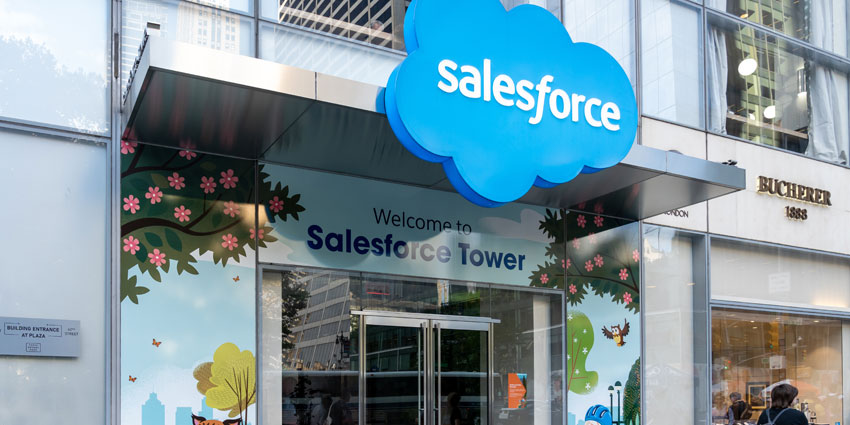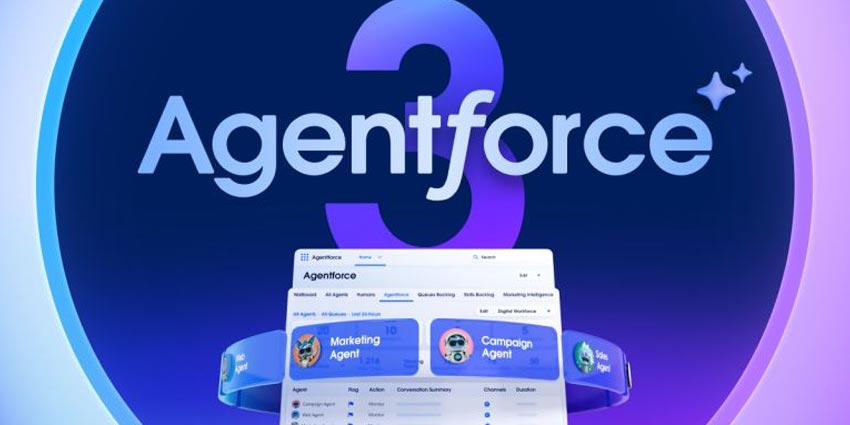Oracle has committed to helping its customers automate ALL of their customer service operations.
Jeff Wartgow, VP of Oracle CX, made the assertion during a media briefing, where he shared the vendor’s vision for “complete, total, perpetual service automation.”
According to Wartgow, Oracle views automation as critical to helping companies meet the demands of modern customers.
Also, he suggests automation tools from Oracle are 96 percent cheaper than human agents, scalable, “don’t eat”, “don’t sleep”, and speak multiple languages, making it an obvious decision to push towards service automation.
“We are looking at, quite literally, creating processes that automate all your customer service,” he explained.
Let the robots take care of it all.
With so many vendors tiptoeing around the use of AI in customer service, the VP’s bluntness stands out.
Yet, despite the projected downfall of live agents, Wartgow claimed that the service organization will survive and evolve.
Indeed, he argued that its focus will shift towards designing, optimizing, curating, and refining processes.
The Right Tools for the Job
As Oracle presses forward toward this vision, it has added capabilities to its Fusion Cloud Service and Field Service platforms.
To the latter, it has embedded a Field Service Knowledge Search Augmentation feature, which extends the power of LLMs to field service.
Field workers can enter a query into the tool and receive step-by-step guidance based on the content in their knowledge base and other trusted sources.
While such features may seem irrelevant in the context of customer service automation, they’re part of Oracle’s broader strategy to deliver a “unified application” for CX.
As Wartgow explains:
In Oracle, it really doesn’t matter where it is because it’s a unified application.
“When we look at service, we’re looking at things end to end. We don’t say, ‘oh, no, the contact center is done here, throw it over the wall.’ It has to go from the actual engagement to the resolution to make this entire story work.”
This concept of unification is also key to Oracle’s new Automated Service Agent, which is the first of two significant additions to Fusion Cloud Service.
1. Automated Service Agent
The Automated Service Agent reviews customer queries and identifies relevant knowledge articles or error codes.
If it doesn’t find any, it reviews previously closed service requests that may be similar.
By assessing these past cases, the AI can infer the root cause and develop an action plan to address the current issue.
Once the AI establishes the necessary steps for resolution, it initiates the execution of the plan for a live agent.
That plan may factor in context from other Oracle applications, beyond CRM.
Indeed, Big Red views AI agents as an integrated tool that functions seamlessly across various systems, including supply chain, ERP, and more.
As such, it hopes to open up a “whole new frontier of service.”
2. Call Summarization
Oracle can already summarize service conversations across email, chat, and other digital channels. But, now it’s adding the final piece: the voice part.
The enterprise tech giant believes this is critical, as more teams from across the business start to leverage customer service data.
Also, as organizations deploy more AI solutions that feed from that data, ensuring it is accurate and automated is critical.
More News from Oracle
Back in August, Oracle announced the launch of a comprehensive customer experience management solution called the Oracle Communications Digital Business Experience. This platform is designed to enhance revenue generation at every stage of the customer journey.
Tailored for telecommunications companies, the tool integrates various customer service and experience functionalities, including a commercial and billing product catalog, configure-price-quote (CPQ) and order capture features, Siebel-powered customer relationship management (CRM), central order management, and monetization capabilities.
By consolidating these systems, Oracle aims to reduce deployment complexity and provide users with a solid foundation for exploring new services.







